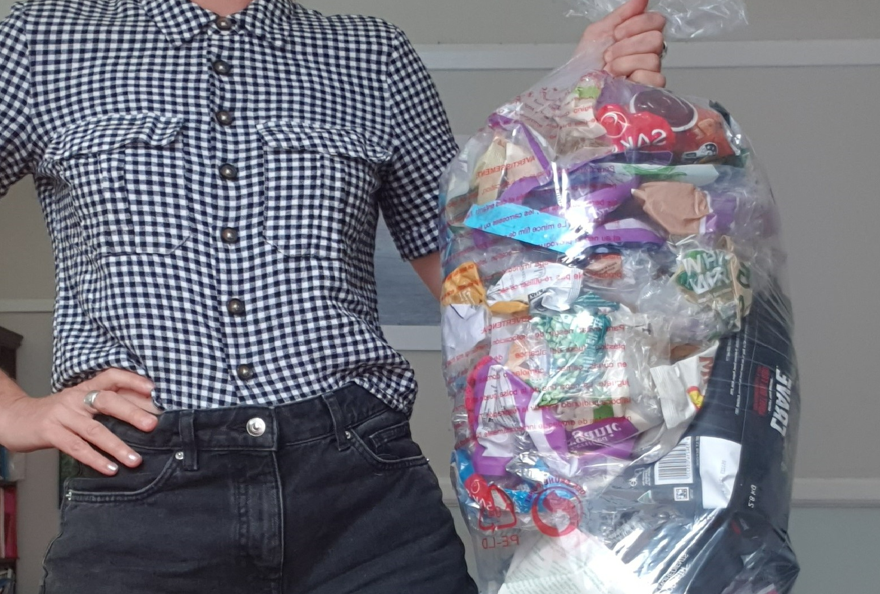Applying behavioural science to mismanaged waste and plastic pollution
Behavioural changes to plastic use need to be supported by changing the ‘norm.’
The challenge
Every day, about 2,000 garbage trucks worth of plastic waste ends up in oceans, rivers, and lakes globally. This waste pollutes aquatic habitats and ecosystems and can impact livelihoods, food production, and social well-being.
To encourage people to change their behaviour, providing information through awareness campaigns is not enough.
Our response
We are assessing the impact verses likelihood of specific waste reduction actions. This will include testing economic experiments and mindfulness approaches that can harness and encourage pro-environmental behaviours.
It is important to empower individuals and make them feel capable of changing. We need to believe that changing our behaviour will make a difference and that we are not alone in this effort. To phase out our reliance on single-use plastic products, for example, we need to change the norm. By talking about the problem and solutions, we can encourage businesses and individuals to find and offer alternative and mobilise together to make a difference. These tactics are fundamentals of behavioural science.
The results
The field of behavioural economics holds several opportunities for integrated and effective behaviour changes and marine pollution management. It can help researchers and managers alike understand behaviour and decisions-making. The application of behavioural economics insights will help boost applied real world understanding and experimental evidence to many fields of research and decision-making.
